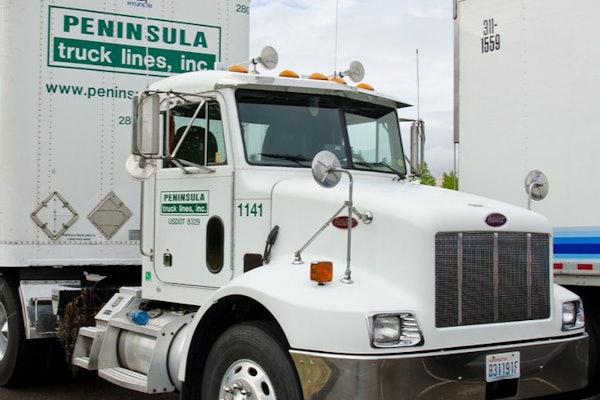The Port of Vancouver, Wash., has pledged to run all its vehicles on biodiesel. The port will use B20, a blend of 20 percent vegetable oil and 80 percent diesel, in all its vehicles, including trucks and heavy equipment.
Larry Paulson, executive director of the port, says the move is part of the port’s plan to comply with a new state regulation that a minimum of 20 percent biodiesel be used in all state vehicles by June 1, 2009. The new law also mandates that by December 2008, at least 2 percent of all gasoline sold in Washington must be ethanol, and at least 2 percent of the diesel sold must be biodiesel.
“One of the key tenets of our mission is to be a leader in environmental stewardship,” Paulson says. “In addition to reducing emissions in our work environment, this change will help support a new market for Washington agricultural products and reduce our nation’s dependence on foreign oil.”
The port, across the Columbia River from Portland, Ore., is among the first Washington agencies to adopt the state’s new renewable fuel standard, which also is designed to encourage the state’s biofuels industry. The industry includes those who grow oilseed crops and those who build and operate the oilseed crushers, extractors and processors.
Thus far, the port has purchased two trucks that run on E85 ethanol and a hybrid vehicle that uses a combination of electric and gasoline power. All future vehicles purchased by the port will be equipped to run on alternative fuels. Curtis Shuck, port director of facilities, says the program is cost-effective because the price of biodiesel is close to that of regular No. 2 diesel after factoring in federal tax credits. The price of alternative fuels also is expected to drop as availability increases.







